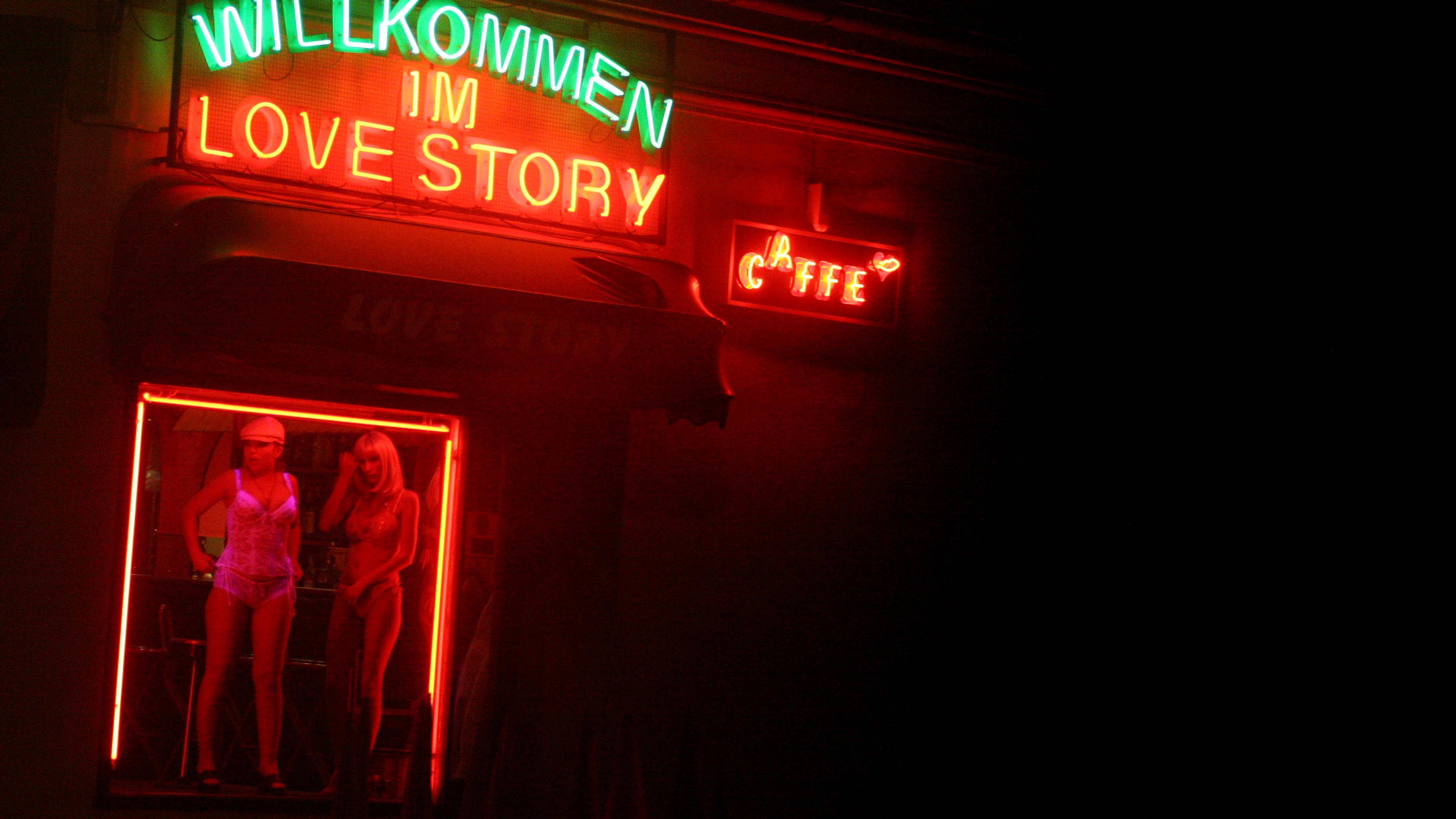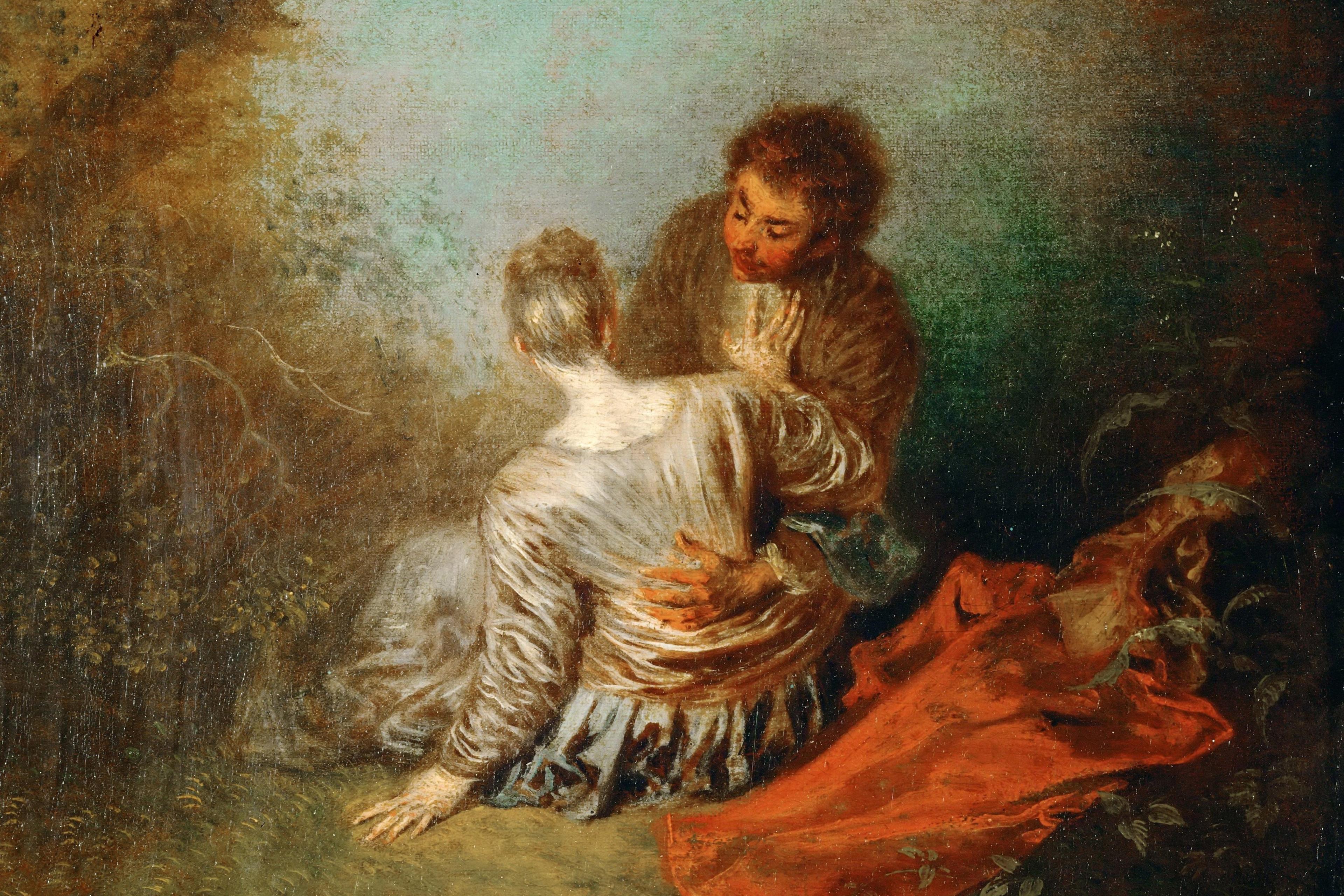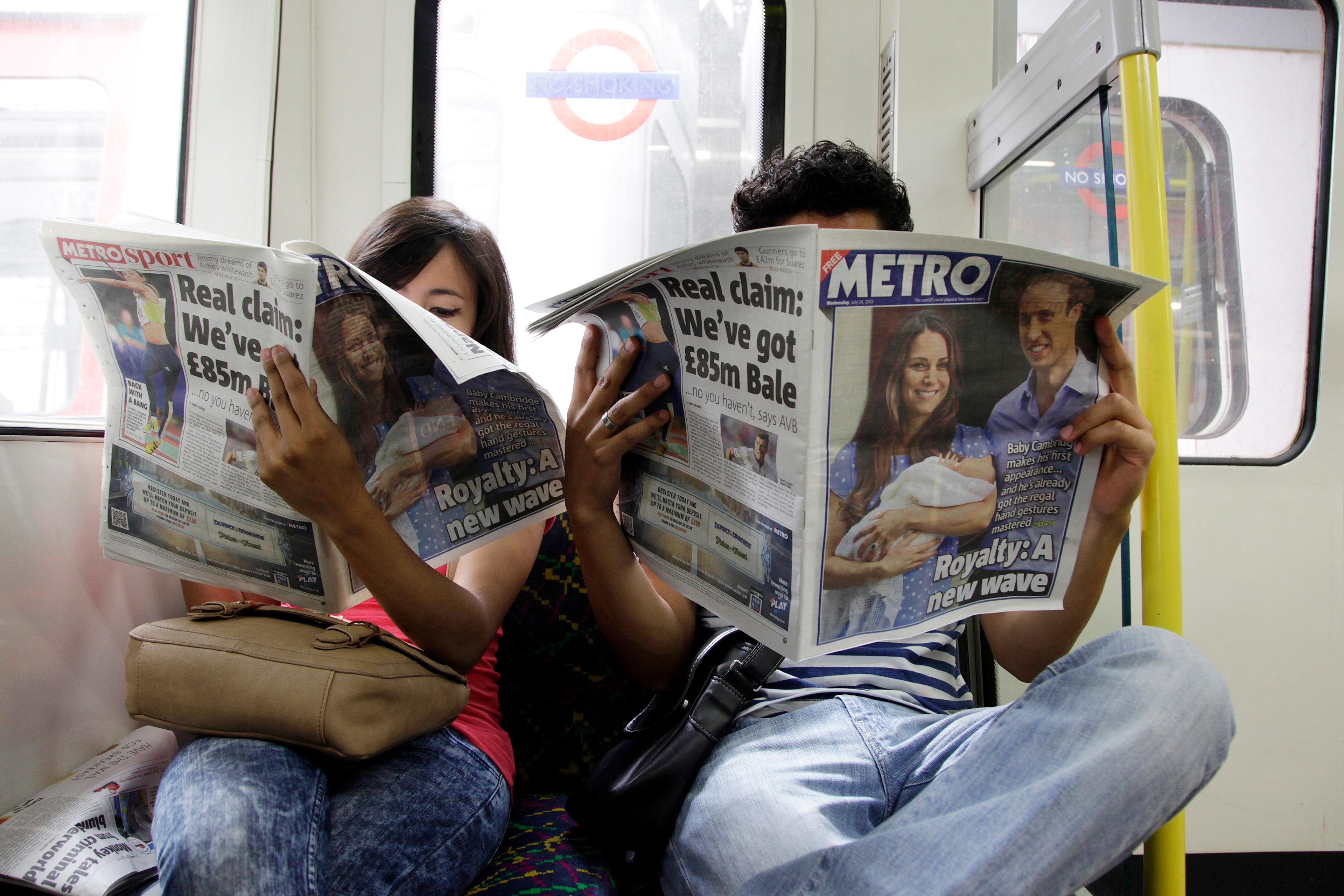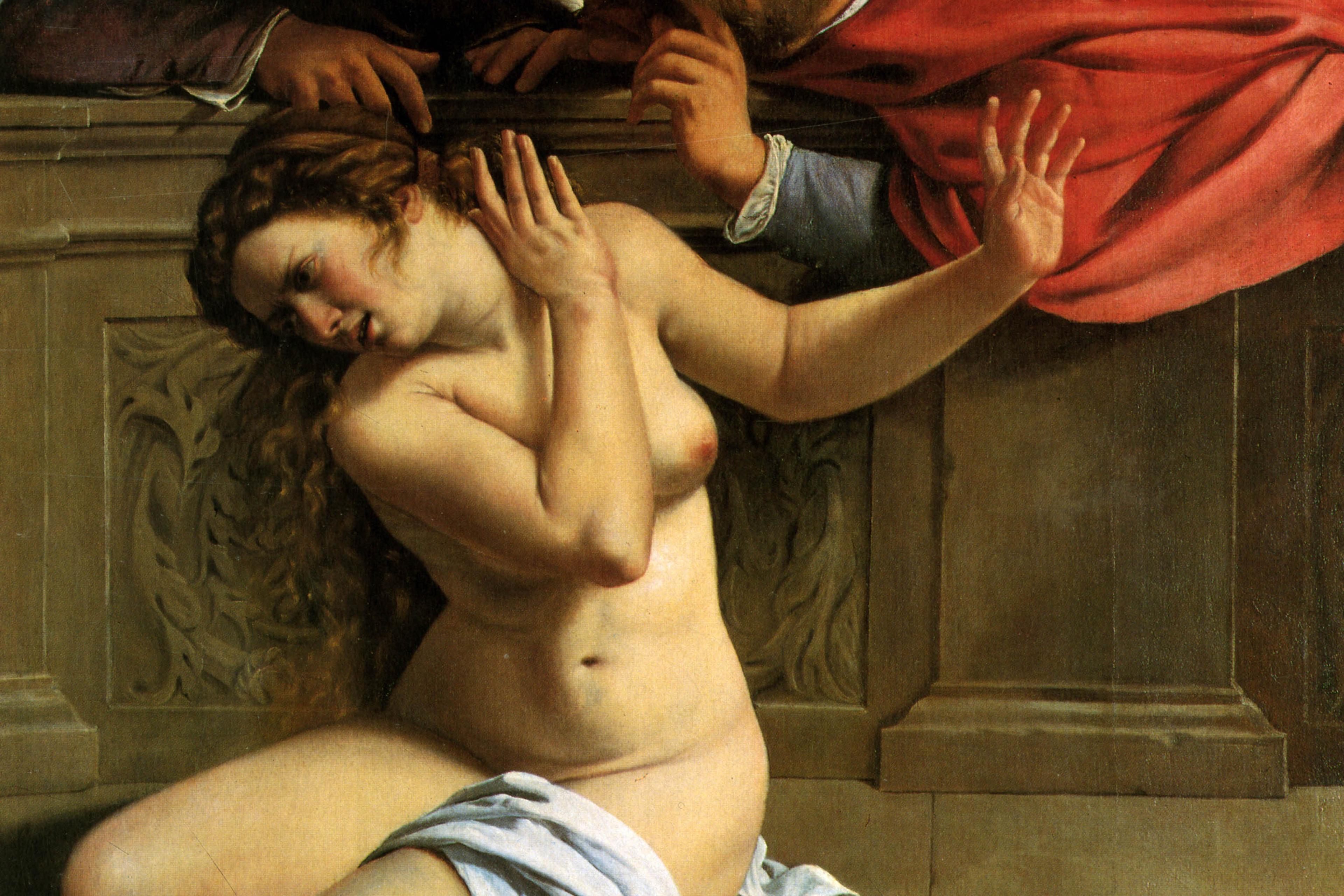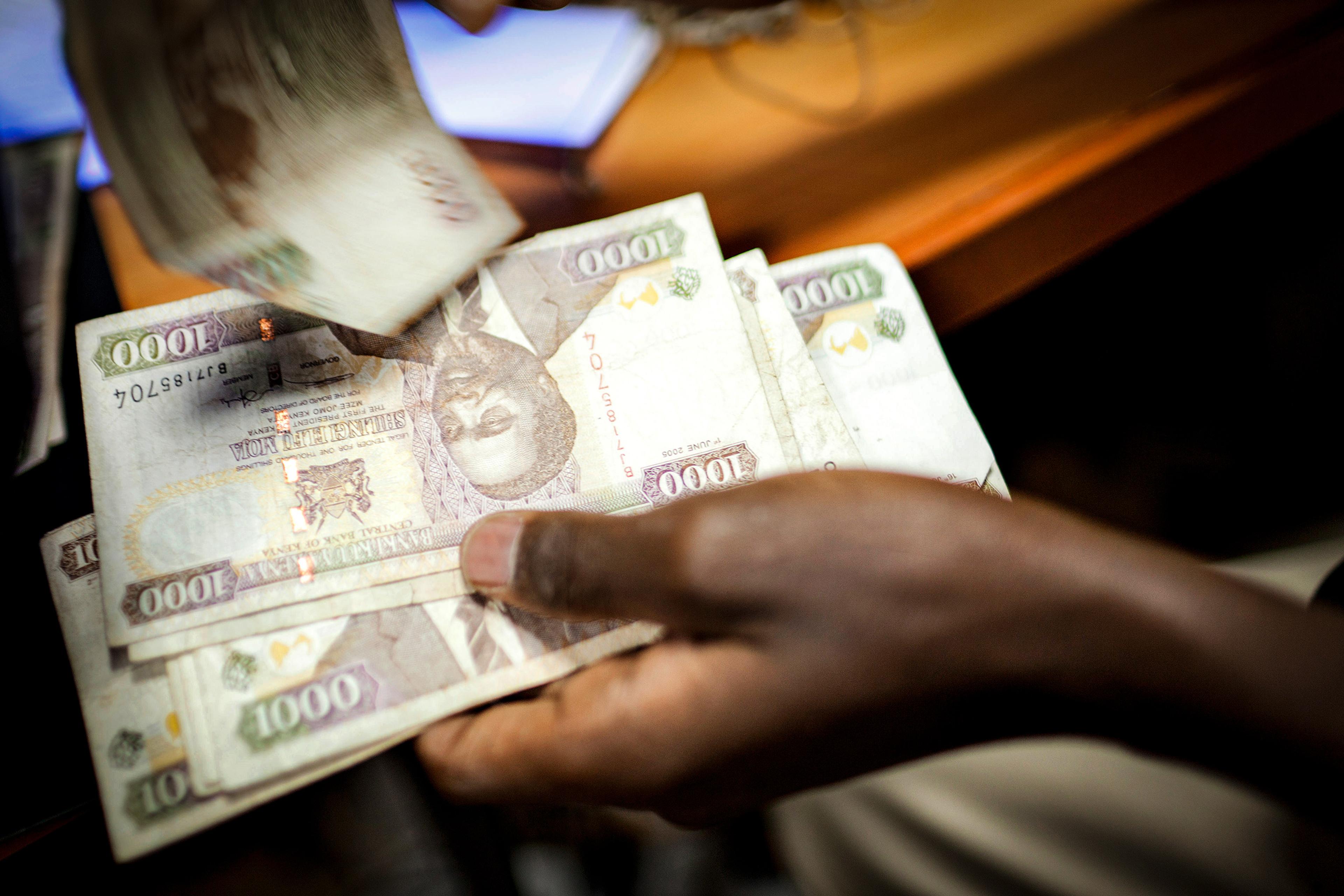I left home three weeks past my 14th birthday, a few months after my father’s suicide, to escape the abuse of a schizophrenic mother who was in the throes of an ever-escalating mental health crisis. I was homeless by the summer of that year, and street-walking by the year after that. I got out of prostitution at 22, returned to education at 24, and the following year took a place in Dublin City University studying for a BA in Journalism. I wrote a memoir about my seven years in prostitution, which has been published all over the English-speaking world and translated into other languages too. In the intervening years, I’ve received thousands of messages from strangers from across the world, most of them women, and a good sprinkling of men. They vary widely in their content, but there are recurring themes.
I wrote the memoir to open up this side of life to those who knew nothing about it; I saw my book as an educational tool, and I don’t remember ever considering how it would strike people who already knew what prostitution was like. It was a surprise to be inundated with responses from women who’d lived through prostitution, some of them so heartbreaking in content they brought me to tears. I will always remember the woman who told me she’d been 20 years out of prostitution and only on reading my memoir was she ‘finally able to make sense of what happened to me’. I realised that there had been a shift for her, a new clarity, and that it was in recognising the political aspect of what had happened to her that she was able to begin the process of moving on. This unexpected aspect of writing about my experience has been, for me, among its greatest blessings.
So many of these women’s stories stay with me: the 19-year-old French girl who got into prostitution as a direct result of watching a TV series that depicted prostitution as glamorous and empowering; the mid-20s Australian woman who believed – because well-funded NGOs told her to believe – that ‘sex work’ was legitimate employment; or the early 20s German woman who told me that, because pimping had been decriminalised in her country, she’d got the message that what was legally sanctioned surely had to be OK. Just about every man in Germany seemed to have got the same message, and the result was social carnage. The ‘flat rate’ brothels of Germany offered the sex trades equivalent of an All You Can Eat buffet, with men, paying a one-off fee, invited to use the bodies of as many women as possible, for as long as possible, in one day. Many men arrived in groups, often as stag parties. That German woman’s body was used by between 400 and 500 men in her first month. There will never be an end for her from the psychological repercussions of this savagery we’re expected to call ‘work’.
It’s useful to look at what counts as decent work as defined by the International Labour Organisation (ILO) and compare this with the realities and consequences of prostitution. To summarise:
Decent work means dignity, equality, a fair income and safe working conditions. Decent work puts people at the centre of development; gives women, men and youth a voice in what they do; the rights to protect them from exploitation; and a future that is inclusive and sustainable.
The ways in which prostitution violates these pillars are too numerous to mention but, to offer just one example, it violates the most basic health and safety standards. Women in prostitution are deliberately exposed to semen, sweat and saliva multiple times daily, with blood and urine quite frequently, and with faeces occasionally. With this level of persistent exposure to bodily fluids, a person would be unsafe in anything but a hazmat suit. Women are expected to make do with condoms, assuming the man agrees to use them. He often doesn’t.
While it is fashionable for some female academics, journalists and social commentators to declare the validity of prostitution as employment and to endorse and support this fiction in their books, articles and opinion columns, I note that they resolutely will not practise what they preach. They are not usually willing to have their own bodies used to prove their point. What’s always been particularly galling to me about socially privileged upper middle-class women who popularise these views is that, just like Marie Antoinette before them, they are so far removed from the experience that they cannot relate to it even at a conceptual level. That they are handsomely remunerated to opine on what’s good enough for desperate women is just the spit and polish on the insult.
The philosopher Amia Srinivasan in The Right to Sex (2021) writes: ‘Third-wave feminists are right to say, for example, that sex work is work, and can be better work than the menial work undertaken by most women.’ I wonder if she has reflected on what that really means: that the female cleaning staff who mop floors and scrub toilets in the University of Oxford, her place of employment, could be better off with their mouths and vaginas full of strangers’ penises. If she stopped to offer this advice to one of the cleaning staff passing in the hallway, she’d be hauled up for inappropriate conduct.
Some academics take their convictions further than Srinivasan, and actually double-job as academics and ‘sex work’ decriminalisation campaigners at the same time. In 2015, Teela Sanders, a sociologist and long-time decriminalisation campaigner from the University of Leicester, published a report declaring the ‘managed zone’ in Holbeck, Leeds, to be a success, despite several reports of assaults, including rape, and even the murder of 24-year-old Daria Pionko. Sanders’s assessment of the zone was apparently based on data, yet it still, in my view, was untethered from reality. The zone has since been shut down after a long campaign by local residents protesting its unrelenting social problems.
There are, of course, women in prostitution who’ll defend it. Why wouldn’t they? For many women in prostitution, this is all they’ve got; and who among us wouldn’t defend the only thing we’ve got? The Swedish Skarhed Report (2010) included a finding that is revealing but unsurprising: women expressed vastly different opinions about prostitution depending on whether they were still immersed in it or had managed to extricate themselves from it. It’s not just easier, while you’re still being prostituted, to tell yourself that this is work. As a matter of psychological survival, it is simply emotionally necessary.
The truth is, there was no ‘work’ involved in what was done to us in prostitution. Prostitution is neither sex nor work. Sex does not just involve mutuality; it necessitates it. The sex of prostitution is devoid of mutuality, and cash is introduced to fill the breach. In prostitution, the cash is the coercive force, the evidence of the coercion, and the great silencer all at the same time. What right to complaint is a woman seen to have when she’s been compensated for her own violation?
During my last 10 years campaigning, I have sometimes been asked by women what prostitution ‘feels like’. I hit on a way of explaining this some years ago, and have repeated it a few times since. I invite them, the next time they are in a café or a bar, to take a look around at the male patrons. Old, young, fat, thin, tall, short, handsome, ugly, beautiful, repulsive – and imagine that they are obliged to have sex with them. All of them. The women’s faces turn to horror because they don’t need to imagine; they know full well that they’d have no interest in sleeping with whoever happens to walk through the door.
At the most basic level, having our personal space breached by a stranger causes a stress reaction. Given that everybody knows this, and everyone who experiences it reacts to it on an instinctive level, how is it that so many people fool themselves into believing the bodies of prostituted women function differently to everyone else’s? Why is it that there is a subset of women who are thought to behave like nonhumans, who have no sense of personal boundaries, no anxiety reaction, no disgust response? I sometimes wonder whether, because prostitution is understood as alien behaviour, the prostituted have alien attributes assigned to them – a nonhuman propensity not to think, sense, feel and experience.
Much of what we know about humans is dispensed with in conversations about prostitution. Why is it that money’s peculiar power of transmutation operates only when sexual access is for sale? Cash is not seen to have this magical quality in the sweatshops of the developing world or the makeshift operating theatres where kidneys are removed. Sweatshops are not considered viable workplaces, although clothing manufacture is not in question as viable employment. It is the treatment of people in sweatshops that renders clothing manufacture unviable employment. We understand, in all areas but one, that money can’t buy permission or a pass on human rights.
The treatment of women in prostitution is not comparable with the treatment of people in sweatshops in one very important respect – because prostitution is not comparable with clothing manufacture. Sweatshops constitute a deviation in the general area of clothing production; a mode of manufacture so lacking in basic workers’ rights as to constitute human rights violations. Prostitution, in contrast, strips the individual of dignity, and does so in all of its manifestations, because it does so at its core. This is because, in prostitution, the site of violation is the body itself.
The so-called ‘sex trade’ has always been surrounded by mythology. One of the common myths is that prostitution is ‘the oldest profession in the world’. This fiction ignores how incongruent prostitution is when measured against any profession one can think of. A woman who had spent 30 years in academia, for example, could expect incremental increases in salary, in job security, in professional credibility. She will also enjoy social recognition for her work. The same is generally true across all forms of employment. Prostitution operates in exactly the opposite way. The longer a woman has been exploited in the system of prostitution, the less she is economically valued, the less she’s correspondingly paid, and the less she is esteemed more broadly, both inside and outside of prostitution.
I was asked in a recent interview what I thought of the term ‘paid rape’, sometimes used to describe prostitution. What I think is that we have simply not yet developed the language necessary to describe prostitution accurately. Rape is understood in the popular consciousness to describe forced sex – sex where there is no cooperation, no collusion, no ‘consent’. Little wonder that it’s not accepted as a synonym for prostitution, and that it’s unlikely to be. What people miss is that there is an added element in the prostitution exchange that makes it particularly traumatising, and it is the element of exchange itself. When a woman is raped in the conventional sense, she is not culpable, however shame-filled the violation leaves her, and however she questions herself on account of it. When a woman submits to unwanted sex in prostitution, she has cooperated in her own violation. That cooperation haunts her. It also silences her.
The truth for the prostituted woman, though, is that she has not only been sexually abused, but sexually abused too many times to count. The reality of prostitution has been hiding in plain sight for millennia. We all know it, instinctively. That’s why we don’t want our sisters and daughters and mothers in brothels. It’s strange how something we know on a sensory level can elude us intellectually. The reality of prostitution is not complex, it is simple. Controlling what people do sexually is inherently abusive.
Oh, and the oldest profession in the world is midwifery. Prostitution is not any sort of profession, never mind the oldest one.
